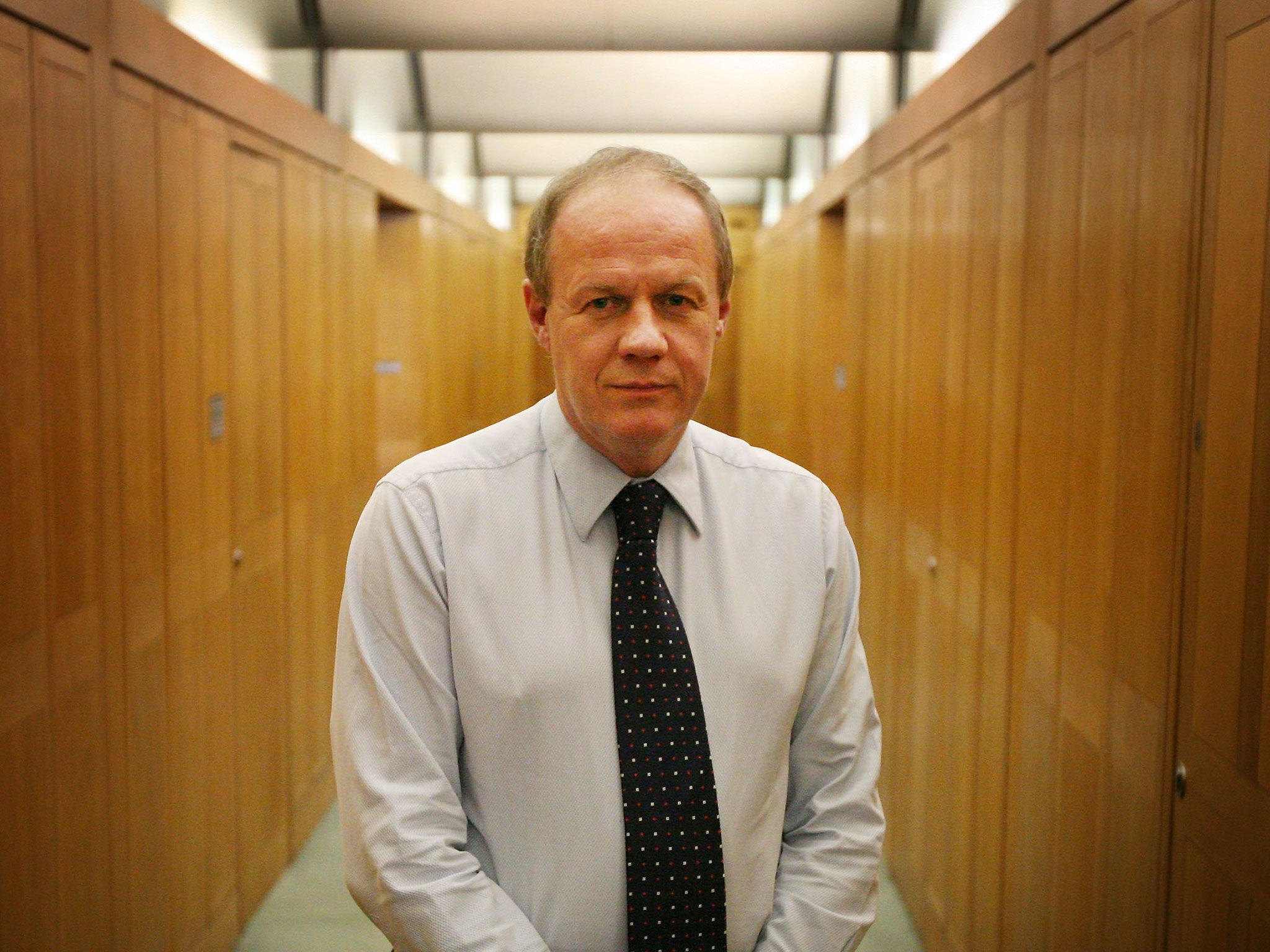Exclusive: Police warn of problems controlling hooliganism
Fewer officers mean banning orders are harder to enforce

Police have warned English football risks complacency in the fight against hooliganism after a supporter's guilty plea for a breaches of a banning order revealed the lengths that some will go to maintain a presence at games.
The orders are a source of deep suspicion among football fans, with evidence that some forces are imposing them for crimes as minor as drunkenness or swearing. But police insisted they were the only way of deterring supporters capable of causing disorder and said the case of Manchester United fan Paul Hodgson revealed the challenge of enforcing them.
Hodgson, who was told he may now face jail, was tracked to a hotel in San Sebastian two weeks ago after spinning an elaborate web of deceit to evade his ban and attend the club's tie against Real Sociedad.
It was the fifth time he had sought to evade his ban to attend a Champions League game. Hodgson was banned after throwing a missile on to the pitch at St James' Park when Sir Alex Ferguson's side played Newcastle United in January 2012. He will be sentenced next month.
Police said Hodgson's elaborate charade to avoid detection demonstrated the need for resources to underpin the banning order regime, at a time when the number of orders issued has fallen.
The Independent understands that a report submitted by the UK Football Policing Unit (UKFPU) to the Policing Minister, Damien Green, shows that banning orders dropped 18 per cent last season compared with the 2011-12 season, from 2,909 to 2,383. Match-day arrests were marginally up between those two seasons, with arrests for violence more than doubling from 273 to 554.
The 4 per cent rise in arrests was small compared with a record low in 2011-12 and the figures show that there was only one arrest for every 14,000 fans. But police believe that banning orders are vital to keep out those who cause havoc.
The UKFPU is concerned that a reduction in policing numbers has reduced the number of officers available to ensure that the banning orders are being enforced, with smaller police forces finding it particularly difficult to maintain officer numbers for the task.
Police stressed there was a significant difference between the issue of football hooliganism in general – which is declining – and that of deterring potential ring-leaders. "If we don't keep a lid on it, it would not take a lot for it to become a national embarrassment again," said Chief Superintendent Mark Roberts, commander of Greater Manchester Police's Trafford district, which covers the policing of Manchester United.
Get 4 months free with ExpressVPN
Servers in 105 Countries
Superior Speeds
Works on all your devices
ADVERTISEMENT. If you sign up to this service we will earn commission. This revenue helps to fund journalism across The Independent.
Get 4 months free with ExpressVPN
Servers in 105 Countries
Superior Speeds
Works on all your devices
ADVERTISEMENT. If you sign up to this service we will earn commission. This revenue helps to fund journalism across The Independent.
"The effectiveness of banning order legislation is the reason why England has one of the best reputations in world football now. It is important to keep enforcing the banning orders otherwise it will become redundant."
Ch Supt Roberts said that UKFPU's concern was that with insufficient officers to maintain the banning order regime against hardcore supporters, the 2016 European Championship in France – to which travel will be cheap and easy – could witness a return of the problems of the 1998 World Cup in that country, which left some England fans a national embarrassment.
Join our commenting forum
Join thought-provoking conversations, follow other Independent readers and see their replies
Comments